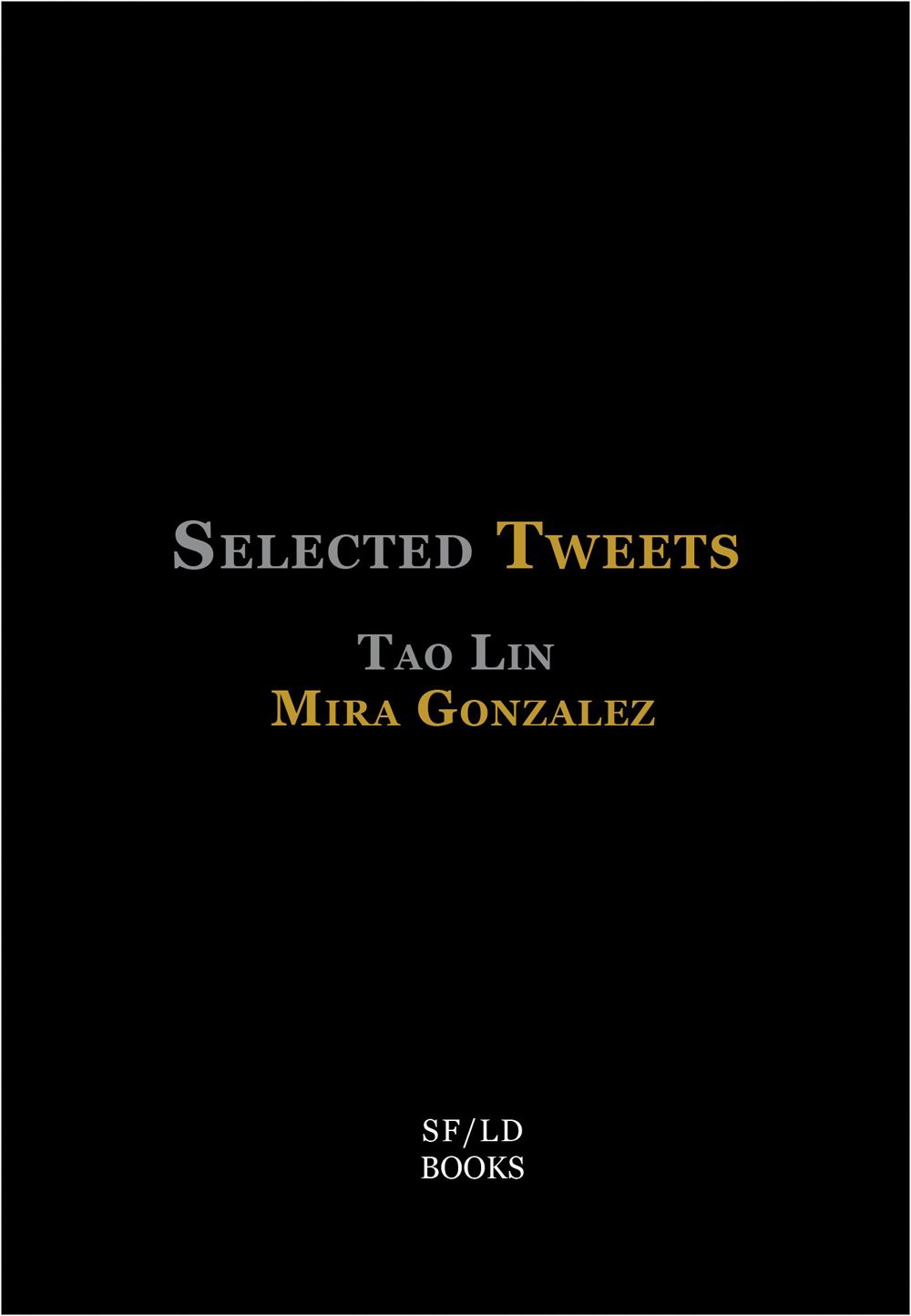Books & Culture
The Doomed and Beautiful Reach: On Prose and Music

Interviewers often ask me how being a musician influences my writing, and I always grasp for an answer that fits a few dozen words, and I always fail to find one. That failure, though, it makes me smile. That doomed reach is at the heart of why I started studying music in the first place, and what led me back to writing.
At age 20 I was at a liberal arts college in western Massachusetts, trying to cobble myself together in the midst of an ongoing breakup. A melancholy haze walked with me everywhere I went — one of those elongated emotions we don’t quite have a word for in English but the Brazilians would call saudade. Rainy days felt like home.
I already knew I was a writer. Since high school, prose had been my primary artistic language. Sitting at the keyboard, staring down the empty screen brought none of the anxiety I heard others talking about. It was exciting, a new world to be explored. The blank page was where I could untangle outer dramas and inner turmoil and re-imagine the world or the day into something that made sense.
But suddenly words weren’t cutting it. They just sat there on the screen, refusing to dance or hint at deeper truths. The blankness wasn’t intimidating; it just didn’t matter. The saudade cloud persisted — it was remarkably steadfast for all its ethereal gloominess — and at a certain moment, during one of those rainy days that felt like home, I realized that words weren’t cutting it because what I felt was beyond language.
But suddenly words weren’t cutting it. They just sat there on the screen, refusing to dance or hint at deeper truths.
Rather than painful, the knowledge was freeing. Words hadn’t lost their meaning; I was trying to stretch them to encompass something they couldn’t. I’d come to the edge of language and, like Wile E. Coyote, careened off without even realizing it. But instead of plummeting once I realized I was a hundred miles up and helpless, I found music, and it kept me afloat.
Years later, living in Brooklyn, I was trying, (and failing), to write or compose my way out of my night job as a 911 paramedic. Emergency medicine had been a perfect in-between job as I found my artistic footing: it got me out in the world, elbow deep in the mire of human conflict and tragedy; plus, it paid the bills and afforded me time to create. But six years in, dragging the same drunks back and forth to the hospital day in and day out was starting to take its toll. I’d composed soundtracks for puppeteers, independent filmmakers, and choreographers — gratifying collaborations, but what I was building had no sustainable future.
Meanwhile, I’d finally focused all my scattered writing energy into novels (poems and screenplays languishing on my hard drive; they languish still.) I was working a midnight shift at the top of the Bronx and during the two-hour train ride from Brooklyn, I’d put on my headphones and let the music untangle whatever plot point I was working through.
There’s a moment in “Paranoid Android,” the second track on Radiohead’s game-changing 1997 album OK Computer, where everything suddenly slows down. It’s a wild ride leading up to the calm — a bassline’s uneven steps over jangly acoustic guitars amidst sudden explosions of electric thrash — and it all intensifies, the scream of guitars rising to feverpitch alongside Thom Yorke’s haunting incoherent wail. And then the whole frantic, delicious mess lands on a long note and a quiet, mournful dirge picks up beneath it, harmonizing choral chants beneath a gentle strum. Yorke is pleading with someone to come away and hold him, an angel? From a great height? Who can tell? Who cares? The music builds entire cities of grief and beauty around the words, obliterating their meaning as the chorus picks up his plea and Yorke’s voice grows raspy, urgent: “God loves his children, God loves his children, yeah…” And then, with just a burst of strumming to warn us, the whole world explodes again, that jangling riff from the beginning escalating into chaos as guitars scream toward the conclusion.
Meanwhile the 4 train trundled along beneath the city toward the Bronx. Meanwhile the characters I was trying to make sense of danced and battled in time to all that glory. I asked myself: could words do that? Can the culmination of a story generate that same terrible love and haunting beauty that Paranoid Android achieves? I thought about the sorrow of Miles’s trumpet, those notes that fall somewhere in between, the intimacy of that shy howl as it gathers strength. I thought about the urgency of Jimi’s guitar on “All Along the Watchtower,” notes almost tripping over each other in their splattering desperation to burst out into the world — a music that could never be captured by notes on partiture, let alone prose.
Can the culmination of a story generate that same terrible love and haunting beauty that Paranoid Android achieves?
Some sentences do sing. Toni Morrison, Jesmyn Ward, Kiese Laymon, just to name a few, have all put words together in a way that demands rhythm and melody in their reading. “Like the rappers of his youth, (Ta-Nehisi) Coates writes downhill,” Vinson Cunningham recently wrote, “rolling toward punch lines…Each the kind of line one designs to shut down the cipher.” James Baldwin, who changes my life every time I read and reread him, once wrote that he doesn’t compare himself to other writers: “I think I really helplessly model myself on jazz musicians and try to write the way they sound…I am aiming at what Henry James called ‘perception at the pitch of passion.’” The word that jumps out here is aiming. There’s a humbleness to that: we set our sights, but it’s more about where we aim than whether we hit.
Besides other rock and underground electronic influences like the Pixies and Aphex Twin, OK Computer was inspired by Miles Davis’ Bitches Brew. Here’s Radiohead guitarist Jonny Greenwood: “My brother [Radiohead bassist Colin Greenwood] says it’s about ambition over ability. We bring in our favorite jazz albums, and say: We want to do this. And we enjoy the sound of our failing!”
It is indeed a joyful kind of failure, something like coming up for air. Art is translation: we etch rugged, imperfect creatures from our lived experiences. The translator knows she’ll never quite capture the exact sentiment of the original language; she tries anyway. “I take this tragicomical situation for granted,” poet and translator Dan Bellm wrote about the impossibility of translation, “and work from there…any act of human understanding, after all — thinking, speaking, hearing, reading, imagining — is an act of interpretation. Which is to say, translation. So get over it.”
Art is translation: we etch rugged, imperfect creatures from our lived experiences.
I began to take aim at the vast, impossible magic of music when I wrote. I know I’ll never hit it. The journey opens up new doors, impossible and magic doors that I never would’ve found if I hadn’t hurled towards an impossible, magic goal, allowed myself to fail and then got over it, and tried again.









